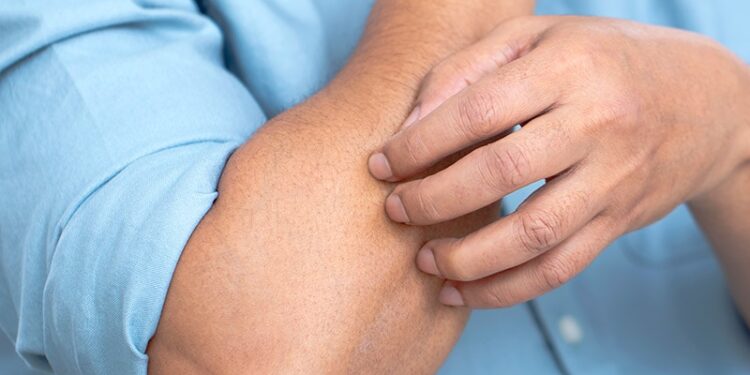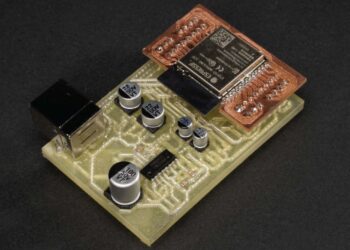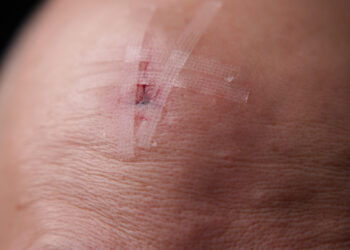Japanese researchers have developed an artificial intelligence (AI) tool that objectively assesses the severity of atopic dermatitis (AD) using user-uploaded photographs. The study published in the journal Allergy marks a significant advancement in the application of AI to chronic inflammatory dermatoses.
To develop the AI model, three algorithms were trained and integrated: Body part detection, skin lesion detection, and severity assessment. The latter is based on the Three-Item Severity (TIS) score, a localized severity assessment ranging from 0-9, evaluating erythema, edema or papulation, and excoriation.
Training relied on an extensive database from Atopiyo, the largest online AD platform, which allows 28,000+ users to share 57,000+ photos and comments about their symptoms, providing a rich dataset.
The AI model was trained using 880 images, followed by testing using 220 images. A total of 9656 images with itch scores, excluding unclear images, were included to establish and validate AI-TIS in patients aged 2-71 years (median age, 33 years). The trained AI model correctly detected 98% of body parts and 100% of the eczema areas.
Next, the investigators compared the AI outputs with established clinical scoring systems, including Scoring Atopic Dermatitis (SCORAD), which includes both objective measures, such as intensity parameters (oozing/crusts, lichenification, and dryness) and eczema extent, as well as subjective measures, such as pruritus and sleep loss.
AI-TIS showed a lower correlation with the severity of itch on a scale of 0-5 (Itch-NRS-5) across 8556 images in 602 patients.
A subgroup of 15 participants underwent an in-person evaluation by a dermatologist and received scores based on the TIS, SCORAD, and objective SCORAD scales. Pearson correlation between these clinical scores and the AI results was robust, with R = 0.73 for test images.
This study demonstrated that the AI-TIS can successfully identify body parts, eczema-affected areas, and TIS scores from smartphone-uploaded images in a nonclinical setting. The strong correlation between the AI-TIS and objective measures, including the TIS and objective SCORAD scores, supports its clinical utility in assessing objective outcomes and patient perception.
Because AD severity assessment still involves considerable subjectivity, the AI tool stood out for its ability to quantify objective disease signs from home photographs. This approach improved precision in clinical assessments and could enhance daily patient monitoring.
In contrast, the weaker correlation between AI-TIS and Itch-NRS-5 suggests that pruritus in AD does not always correspond to eczema severity.
The use of digital assessment, therefore, may be an alternative to complement subjective reporting and bring more objectivity to the management of AD.
The AI model developed in this study has the potential to help patients with AD, objectively assess their skin condition, and facilitate timely and appropriate treatment. This study lays the groundwork for future advancements in AI-driven dermatological assessments, thereby enhancing patient care and clinical research.
Despite these advances, the model has limitations; it needs to be expanded to cover a wider age range and diverse skin types and to incorporate elements from other well-established clinical scales, such as the Eczema Area and Severity Index. Nonetheless, this represents a meaningful step forward in dermatology and AD care.
This story was translated from Medscape’s Portuguese edition.
Source link : https://www.medscape.com/viewarticle/ai-rates-eczema-severity-your-smartphone-snaps-2025a1000fdf?src=rss
Author :
Publish date : 2025-06-09 04:10:00
Copyright for syndicated content belongs to the linked Source.













